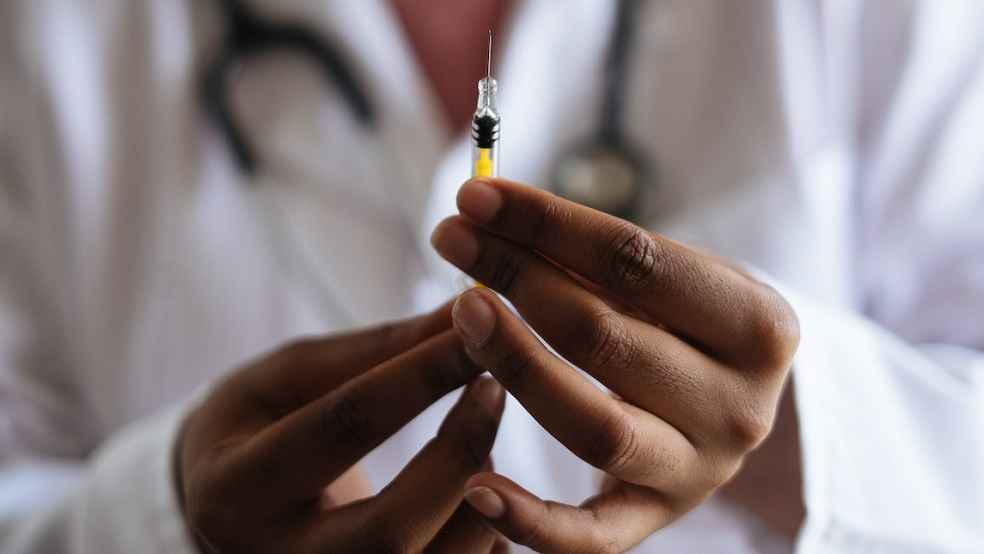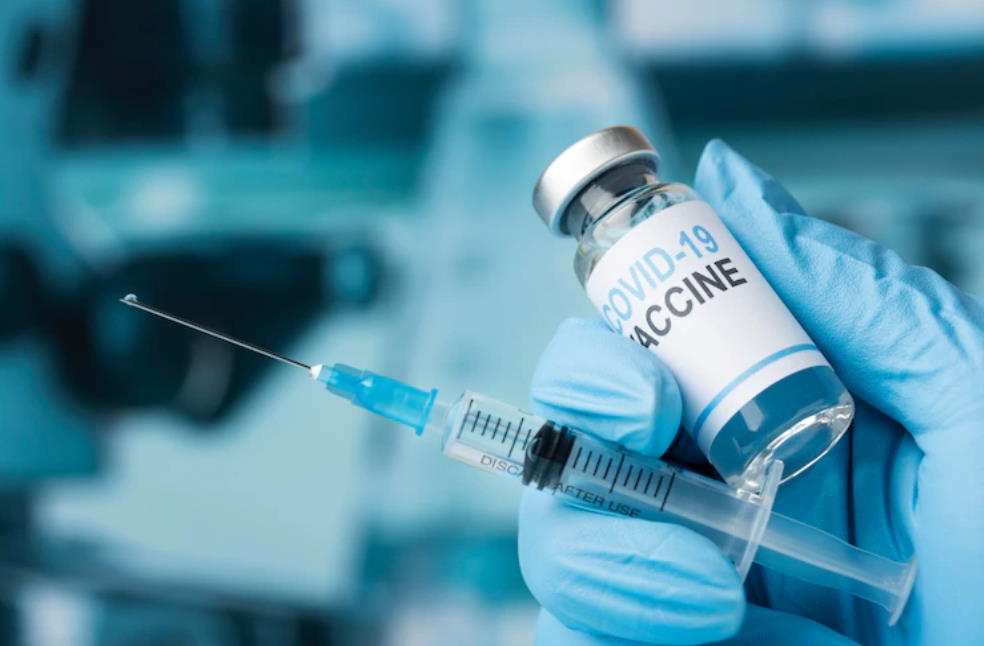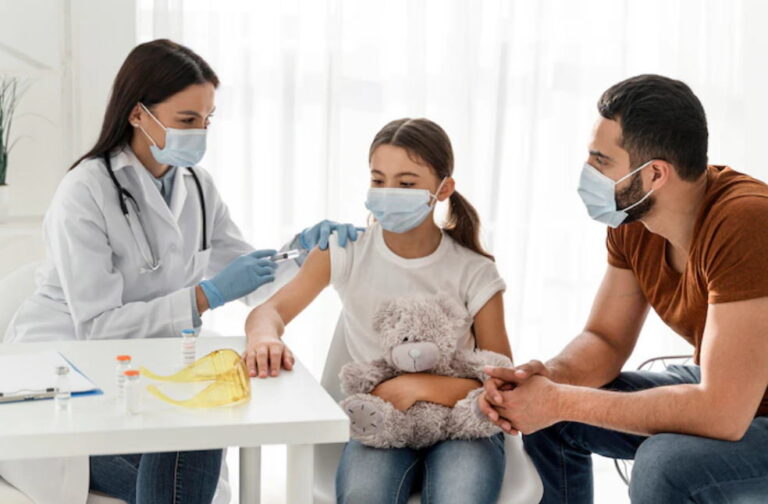United States: A new report from the United Nations Children’s Agency, UNICEF, has estimated that around 67 million children globally missed routine vaccinations between 2019 and 2021 due to the disruptions in healthcare caused by the COVID-19 pandemic, which have led to lockdowns in various parts of the world.
The report, titled ‘State of the World’s Children,’ noted that “more than a decade of hard-earned gains in routine childhood immunisation have been eroded.”
Out of the 67 million children, 48 million missed out on routine vaccines entirely. UNICEF has warned of the potential for outbreaks of polio and measles. Vaccine coverage among children declined in 112 countries, and the percentage of children vaccinated worldwide slipped 5 percentage points to 81 percent, the lowest since 2008. The decline in vaccination rates could be compounded by other crises, ranging from climate change to food insecurity.

The report has called on governments to double down on their commitment to increase financing for immunisation, with special attention to accelerating “catch-up” vaccinations for those who missed their shots. UNICEF has stressed that vaccine confidence can easily shift and that the results may not indicate a long-term trend.
According to reports, measles killed about 2.6 million people each year, mostly children, before a vaccine was introduced in 1963. The number of deaths had fallen to 128,000 by 2021, but with vaccine coverage declining to 81 percent that year, compared with 86 percent in 2019, the number of cases doubled in 2022.

The UNICEF report highlights that immunisation is one of the most successful and cost-effective health interventions and can save millions of lives each year.
Despite the fall in vaccine confidence, more than 80 percent of respondents in almost half of the countries surveyed still said childhood vaccines were important. UNICEF has urged governments, healthcare workers, and civil society to come together and restore confidence in vaccines, emphasising that vaccines are essential to protect children from deadly diseases.



